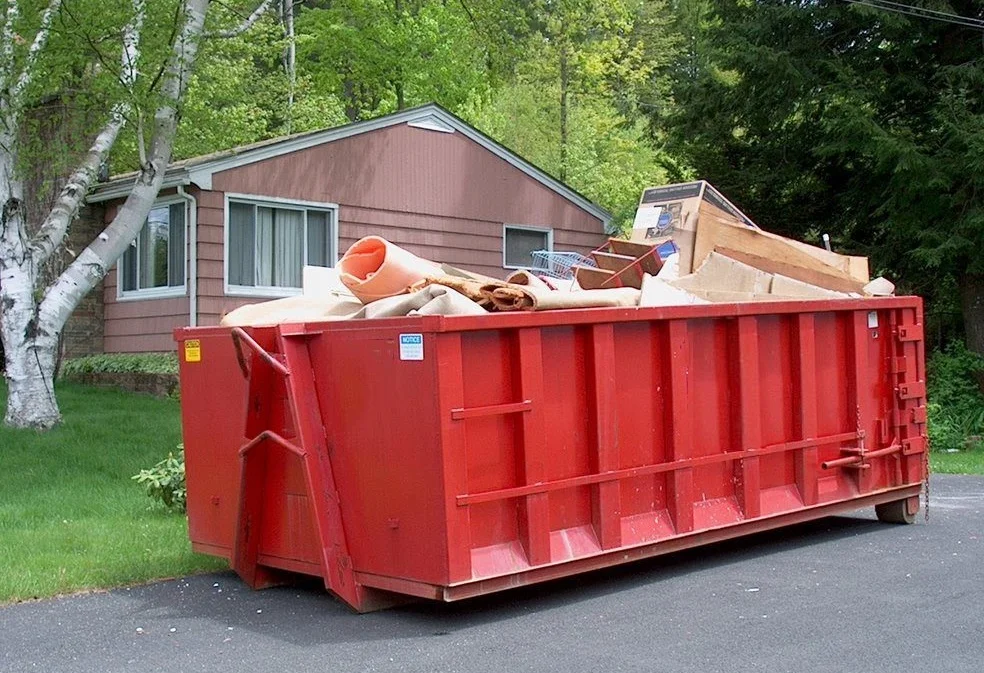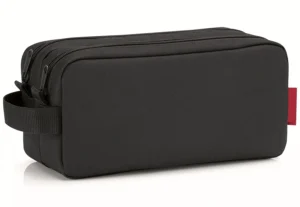Legal Considerations When Renting Dumpsters: Permits and Regulations

Renting a dumpster is essential in managing waste, especially in home remodeling, massive cleaning, or construction works. However, legal requirements for renting dumpsters also have various permits and rules.
Failure to adhere to these requirements will likely attract fines, project delays, and other legal consequences. This article provides a step-by-step approach to the legal aspects of dumpster rentals, especially permits and regulations.
Compliance With Local Laws and Acquisition of Permits
Amidst the preparation process, it is critical to inquire about the local laws and the permits that are relevant to the process of renting a dumpster. These regulations differ significantly depending on the municipality, county, or state.
There are laws that regulate the positioning of dumpsters. Depending on the type of neighborhood, the rules may be different, offering more flexibility in dumpster placement. Also, the size restrictions for dumpsters may vary from one area to another. Failure to rent a dumpster that meets local size limitations may attract fines.
If you are to place a dumpster on public land, for example, on the street or the sidewalk, then you may require a permit from the local authorities. This permit guarantees that the location of the dumpster does not cause any form of hindrance to traffic or endanger the lives of people.
You may also need to apply for a permit even if the dumpster is placed on your property, especially if it is located in heavily populated areas where its presence may lower property value or affect the area’s look.
Many homeowners associations (HOAs) have specific policies for dumpster placement. Therefore, having your project approved by the HOA is very important because otherwise, it may result in several violations and fines.
Environmental Regulations and Waste Types
Environmental regulation is an important aspect to consider when it comes to dumpster rentals. These regulations seek to prevent ecological degradation posed by waste management efforts. A number of states insist on recycling, whereby waste is separately collected for recycling purposes. Failure to separate recyclable materials from other waste attracts fines or any legal measure deemed appropriate by the law.
Do not overfill the dumpster to avoid spillage. Dumpsters that are filled beyond their capacities may spill over and cause clutter in nearby areas, compromising the environment and public safety. Materials that should not be disposed of in dumpsters include chemicals, batteries, and electronics, among other products that need special disposal procedures.
Contractual Obligations
A dumpster rental agreement is a legal document that defines your obligations and duties when hiring a dumpster. Thus, the rental period stated in the contract should fit your project requirements. You may face extra costs in case of usage beyond the agreed time.
Also, some dumpsters have weight restrictions, and exceeding the limit may incur fees. Knowing these limits will make it easier for you to arrange your waste disposal appropriately. The dumpster rental contract also indicates who will be held responsible in case the dumpster is lost.
Summary
Some of the legal aspects associated with dumpster rentals include laws relating to the placement of the dumpsters, legal permits, environmental regulations, and contract terms and conditions. Adhering to these aspects will make your rental process easy and without fines, delays, and other legal consequences. Remember to check with your local authorities or a lawyer if you doubt the validity of the regulations in your region.






